Lithium-Ion Batteries
Lithium-ion batteries continue to see consistent improvements with, most commonly, Lithium Cobalt Oxide (LCO) and Lithium Iron Phosphate or Lithium Ferro-phosphate (LFP) cathode development. They are desirable because of their ability to recharge quickly and are commonly used in consumer electronics and electric vehicles. As the demand for more powerful electric systems surges, there is an increasing need for better manufacturing processes to produce batteries, with faster charging times, and greater energy densities.
Improved Manufacturing Processes
To ensure engineers can design manufacturing solutions that reliably produce these impressive batteries, the need for more accurate and precise inspection becomes crucial. Depending on a particular application in the manufacturing process, there are specific imaging solutions best suited for each of the types of image processing required. This can include standard area scan cameras for inspecting battery cells and battery packs, line scan cameras and contact image sensors to image battery foils as they get coated, pressed, slittered and assembled into cells, 3D scanning of cans, cells and packs to ensure a full view of the battery component is captured during testing, X-ray to inspect the inside of a battery cell after it has been sealed, and thermal imaging during the testing of batteries to monitor thermal runaways.
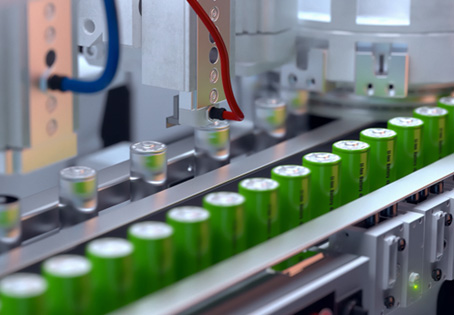
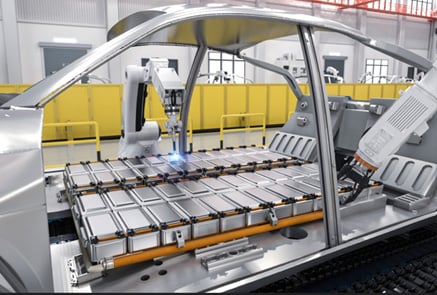
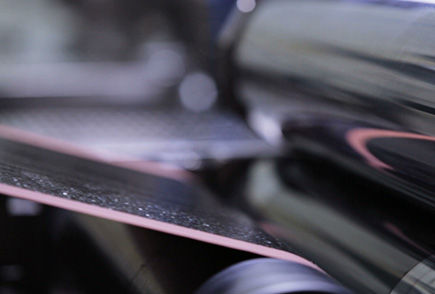
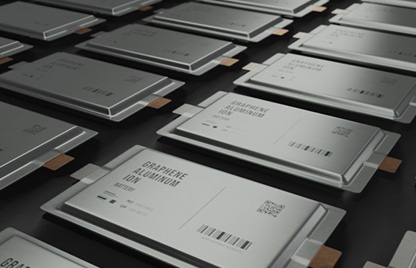
Teledyne Solutions
Using a combination of 1D, 2D, 3D, X-ray and thermal imaging, Teledyne offers a full portfolio of vision solutions to analyze batteries at each step of the manufacturing process at industry leading inspection speeds. From sorting materials, processing electrode sheets, packing battery cells together, to the final inspection. This level of detailed high-speed inspection improves yields and manufacturing throughput. Faulty battery cells and components are identified early in the process to reduce waste.
Battery Manufacturing Process
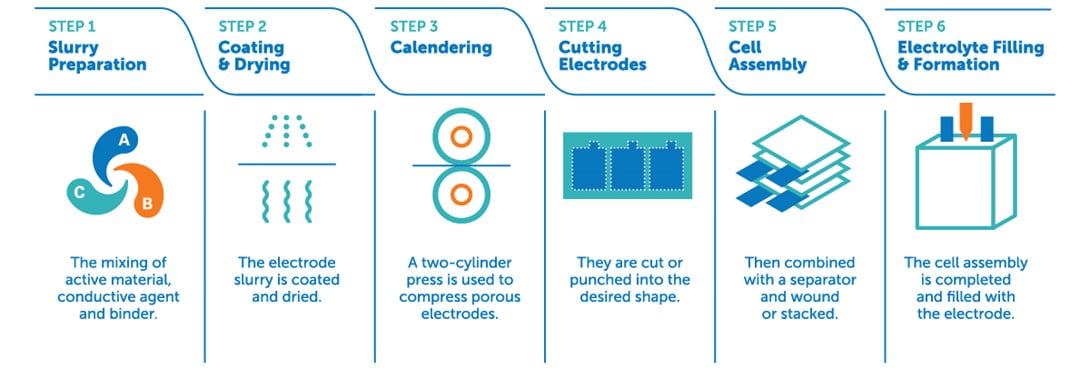
Line Scan Cameras & Contact Image Sensors
Teledyne’s line scan cameras and contact image sensors (CIS) are industry leading tools for foil inspection. Line scan cameras enable high speed and high-resolution imaging, detecting the smallest defects at maximized speeds. Contact image sensors provide telecentric imaging in space limited environments. Teledyne’s seamless design enables true metrology ensuring accurate alignment of electrode coatings.
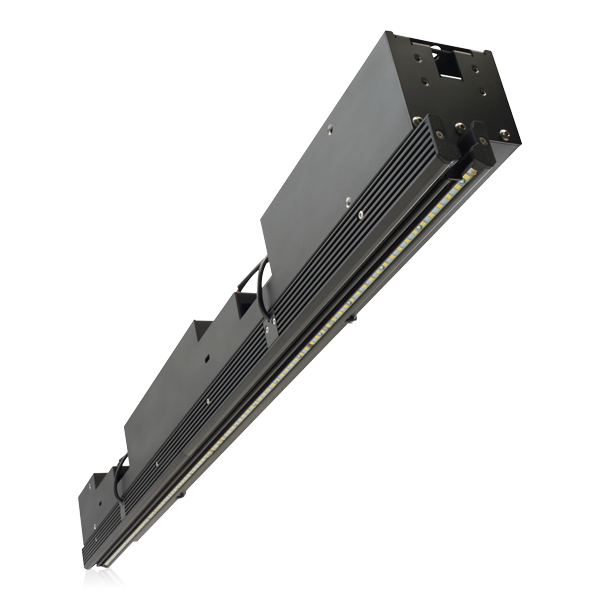
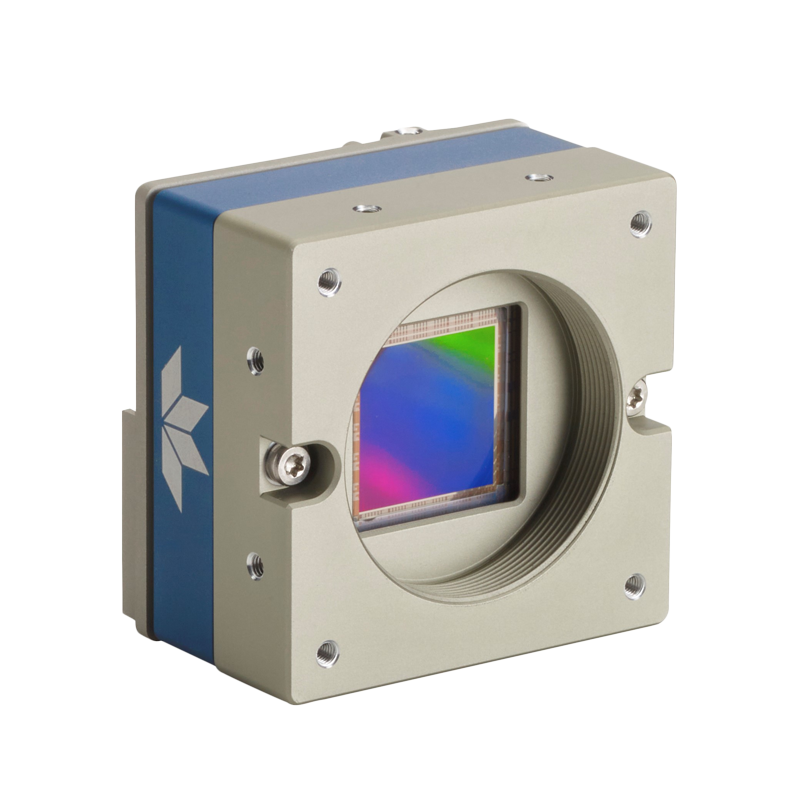
Area Scan Cameras
Teledyne’s area scan cameras can capture plenty of detail at high frame rates, assisting the battery assembly process. Battery cells and battery packs are inspected for defects, alignment, and integrity, for example, ensuring electrodes are properly connected to the battery terminals or inspecting welding processes on the cell housing.
3D Imaging
High speed 3D systems such as Teledyne’s 3D laser profilers or time-of-flight (ToF) image sensors offer depth measurements during various processing steps. Dents and other non-uniformities of cell and battery housings are measured and classified. By using multiple devices to capture a 360° view of the battery pack, the system can generate full-scale 3D models that can be used to inspect details and identify any issues such as shallow engravings.
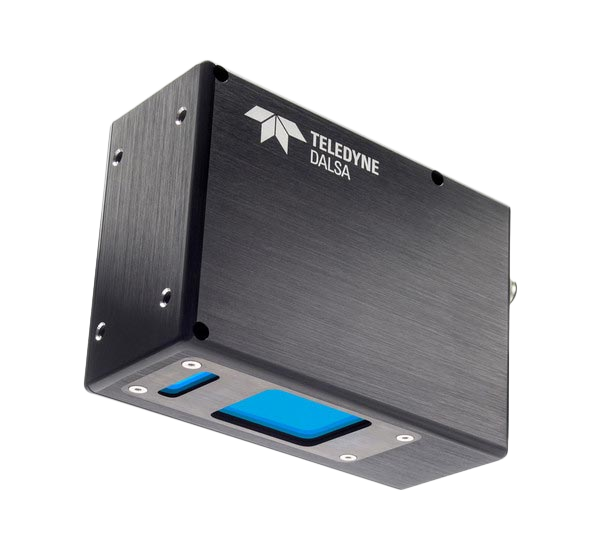
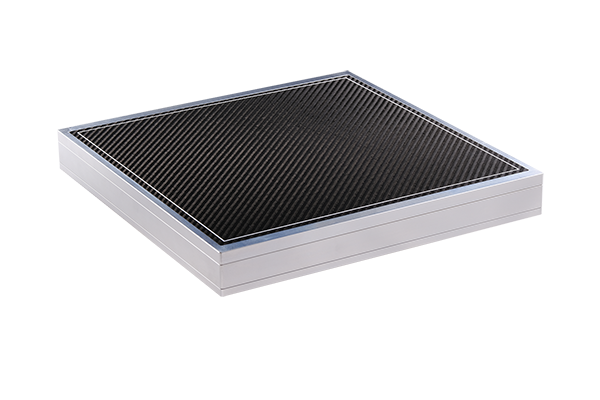
X-Ray
Teledyne’s X-ray detectors are used to inspect closed battery cans and battery packs. For a cylindrical cell, the inner connections of the battery terminals to the anode end cathode are verified after the welding process. For a pouch cell, the electrode stack is inspected for shorts, voids and proper connectivity after the pouch has been closed.
Thermal Imaging
Thermal runaway of Lithium-ion battery cells can lead to catastrophic fires. Teledyne’s thermal cameras monitor cell temperatures as battery packs and modules are charged and tested. Faulty cells are identified early and replaced. The superior sensitivity of Teledyne’s cameras can detect the most subtle temperature variations, ensuring the reliability and quality of assembled battery modules.
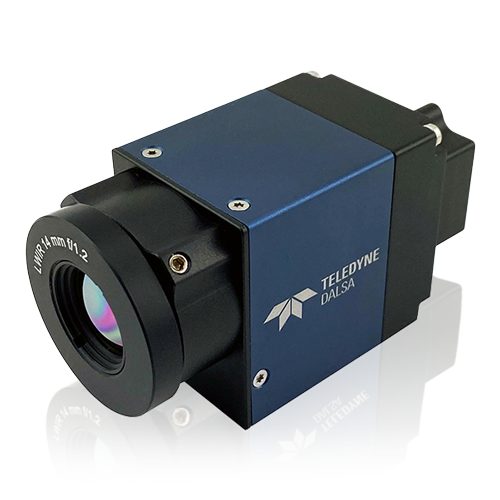

Z-Trak 3D Apps Studio
A suite of software tools developed for in-line 3D machine vision applications. Designed to work with the Z-Trak family of laser profilers, it simplifies 3D measurement and inspection tasks on production lines. Capable of handling 3D scans of objects with varied surface types, sizes and geometric features, Z-Trak 3D Apps Studio is ideal for factory automation applications across a wide range of industries including electric vehicles (EV batteries, motor stators etc.), automotive, electronics, semiconductors, packaging, logistics, metal fabrication, lumber, and many more. Z-Trak 3D Apps Studio is accessible from Sherlock 8.30.